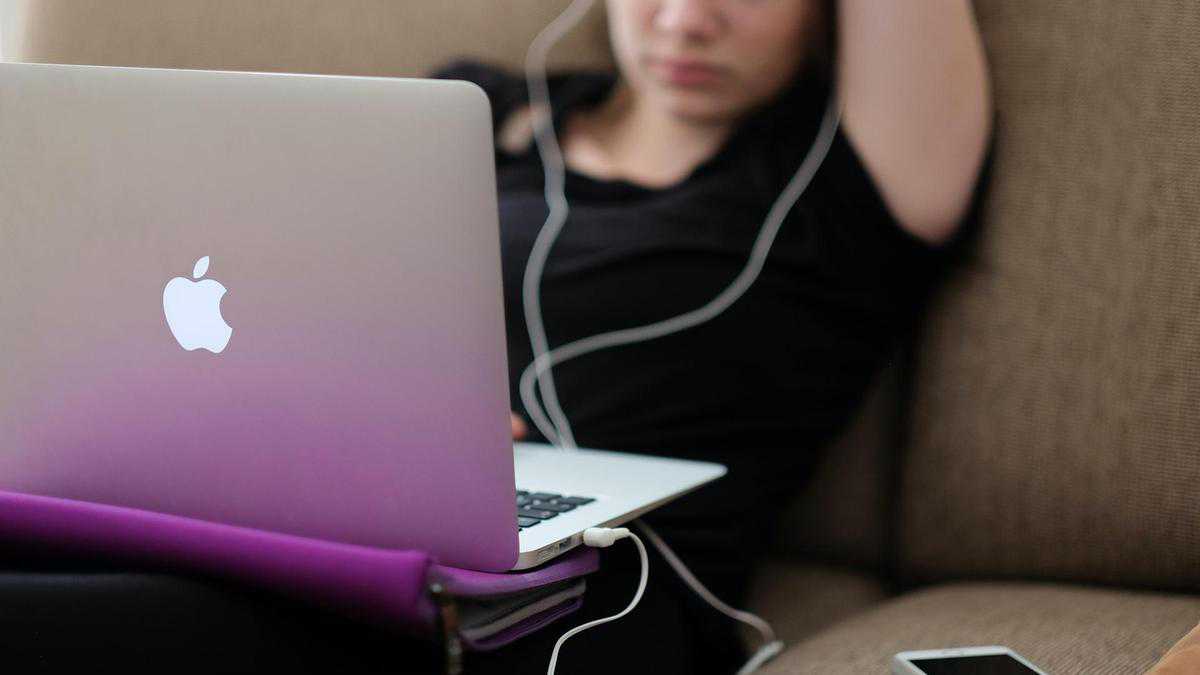The rise of the 'quaranteenager': How exactly to help children fighting their mental health through the pandemic
20 June, 2020

The number of men and women struggling with their mental health amid the coronavirus crisis has undoubtedly soared, but teenagers are particularly at risk, says one UAE psychologist.
Tanya Dharamshi, clinical director and counselling psychologist at Dubai’s Priory Wellbeing Center, says the clinic has seen an increase in teenagers visiting, as they have been battling with issues such as for example anxiety, depression and obsessive compulsive disorder since schooling went virtual.
“Without the standard routine and structure of school and university attendance, teenagers have already been starved of some of the support and reassurance they are accustomed to because they grow in mental maturity and approach adulthood,” Dharamshi explains.
These situations can leave teenagers feeling overwhelmed, harmful their self-confidence and motivation
Tanya Dharamshi, Priory Wellbeing Centre
“Many teenagers have observed life as they know it completely turned ugly. Despite having the gradual lifting of constraints, their circumstance remains unchanged. They have had to contend with home learning, isolation from their close friends, cancellation of ‘major’ occasions in their calendars such as the institution prom, graduation ceremonies and launching themselves into the job market.”
Teenagers may feel a monumental time in their lives features been snatched away from them, she adds.
“Many teens can also be working with the illness directly if a member of family has been infected, or if their families have shed income because of this of job cuts or earnings reductions,” she says. “These circumstances can leave them being overwhelmed, harmful their self-confidence and inspiration.”
A recent UK study revealed that a lot more than 80 % of young persons with a brief history of mental health problems say their condition has worsened since the pandemic started. Considerably more research has to be done, however, in order to ascertain the real long-term effects of this example on teenage mental well being across the world.
Within the UAE, Dharamshi says the current lack of composition also has to the capability to pose challenges for individuals who haven’t handled mental illness ahead of. “Some may be depressed, along with anxious, and turned, or came back, to self-harming,” she says. “They want support to define and manoeuvre their thoughts, thoughts and behavioural responses.”
Masa Karleusa Valkanou, a good psychologist and psychotherapist at Thrive Wellbeing Centre by Dr Sarah Rasmi, previously told The National that teens will be the most “endangered species” in this global crisis.
“Psychological development dictates a teenager is separating personal from family and attaching even more to a peer group,” she said.
“In the situation of isolation, they lose the convenience of their peer group … Teenagers need take pleasure in and support and someone to calm their anxiety and fears, however they can’t turn to father and mother, and can’t get it from close friends, either. They are able to face serious emotions of loneliness and emotional isolation.”
So what can father and mother do to help their ‘quaranteenager’?
As a parent of teenagers, it’s important never to despair. Through frequent, reassuring and wide open conversations among the family members, Dharamshi says caregivers will be better able to support their kids through the pandemic.
“Desperately missing the ‘normality’ of their lives just before Covid-19 and reflecting about what they possess ‘lost’ - albeit temporarily - can only just exacerbate feelings of anger and disappointment,” she says. “Many might take this out on their parents and various other family members as they search for you to definitely apportion blame and vent their frustrations towards. Disposition swings at the moment can be extremely common.”
It’s imperative father and mother react accordingly so that you can alleviate their child’s issues. Dharamshi says there are many of things father and mother can do to greatly help, you start with reassuring them that change is a normal part of life.
“Being able to embrace switch and develop coping approaches is key and something to aspire to during this time, that may often save them out of a whole lot of unhappiness and heartache later on.”
Nurturing their friendships with their peers can be a positive step forward. “They learn and develop their identity and beliefs therefore of blending, socialising and chatting about key problems with their close friends. They discover how to reading behaviours and non-verbal cues, how exactly to connect to their peers and teachers in a number of situations.” As face-to-face period has been severely restricted, encouraging children to activate in video telephone calls with friends and extended relatives is important.
That being said, limiting their reliance on electronic devices can be crucial, particularly if it comes to social press and the barrage of news reports and statistics most of us contend with every day.
Most of all, parents should lead simply by example. “Children, no matter how old they are, regard their parents and caregivers as function models and appearance to them for advice and reassurance,” Dharamshi explains. “Calm, self-assured and reassuring individuals will naturally help encourage the same attributes in young people.”
Remember, even the virtually all ‘grown-up’, independent teenagers desire a hug every so often, she adds.
Source: www.thenational.ae
